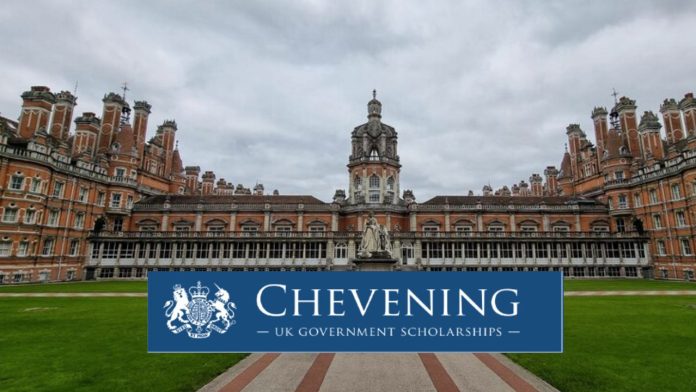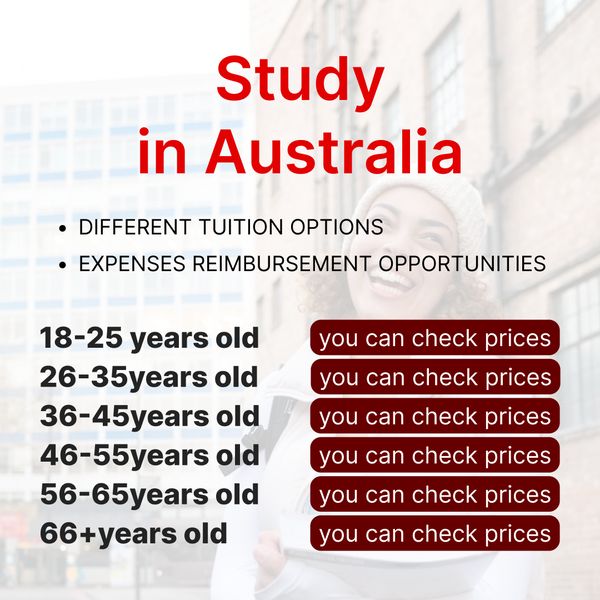Fulbright Scholarships For Graduate Students With Visa Sponsorship – Apply Now
If you have been aspiring to secure a scholarship to help maximize your academic potential internationally, then Fulbright scholarship got you covered. Fulbright scholarships are the most prestigious and highly sought-after awards that provide students from across the globe with the opportunity to study, teach, and conduct research in other countries. Therefore, if you are looking for how to get a fully funded scholarship with visa sponsorship at Fulbright, this article is for you.
For graduate students seeking to further their education abroad while also obtaining critical work authorization, Fulbright offers an excellent option with built-in visa sponsorship. In this article, we will explore the Fulbright program’s offerings for international graduate students, the application and eligibility requirements, and tips for securing one of these highly competitive scholarships.
In 1946, Fulbright was founded to increase mutual understanding between Americans and citizens of other countries through educational and cultural exchange. Today, it remains one of the most well-known and respected international scholarship programs.
A Fulbright award provides tuition funding and basic living expenses so students can fully immerse themselves in academic pursuits without financial concerns holding them back. Perhaps the biggest incentive for international graduate applicants is that the Fulbright comes with the much-needed J-1 visa to legally study and remain in the host country.
For many students seeking a graduate degree abroad, one of the largest hurdles is obtaining the proper work authorization to legally remain in the country during their studies. Therefore, Fulbright eliminates that barrier by directly sponsoring the J-1 visa, allowing award recipients to devote their full energy to academic success without worrying about visa status.
This integrated support network is a huge draw for talented international candidates who have the passion and qualifications to study in the U.S. but may lack the financial means or legal pathway to make it a reality otherwise.
Application Level for Immigrants
While Fulbright aims to promote cross-cultural understanding on a global scale, there are some distinctions made in terms of eligibility based on country of citizenship. Non-U.S. citizens must apply through and be endorsed by their home country.
Citizens of certain countries – including many in Asia, Africa, Latin America, and the Middle East – are eligible to apply directly to the U.S. Fulbright Commission as international students.
Immigrant residents with permanent residency in an “endorser” country may also be eligible to apply at the level of that country of residence rather than their home country. Candidates should check directly with their local Fulbright commission to confirm the application level and process based on their specific circumstances.
Visa Requirements for Students
Below are the Visa Category Requirements for the Fulbright scholarship:
- J-1 Exchange Visitor Visa: Issued to Fulbright students. Valid for length of study plus up to 30 days for travel. No home residency requirement.
- F-1 Student Visa: This can be obtained after J-1 to pursue additional studies. Must prove intent to return home after studies conclude.
- H-1B Work Visa: Can apply to work for up to 3 years post-completion. Subject to annual cap and lottery.
Paid Tuition Fees for Students
Program and the Tuition Fees Covered are:
- Fulbright Foreign Student Program: Full tuition at a degree-granting U.S. institution for one academic year.
- Fulbright-FLAS: Full tuition and stipend for language study in summer or academic year program.
- Bi-national Fulbright Commissions: Covers tuition as determined by individual country agreements.
Application Requirements and Documents
To qualify for a Fulbright scholarship, applicants must:
- Be an overseas citizen or resident eligible to apply to their Fulbright Commission abroad
- Hold a bachelor’s degree (or equivalent) upon commencement of award
- Demonstrate strong academic performance
- Provide letters of recommendation
- Submit a statement of grant purpose and study/research objective
- English language requirements vary by host country
Other required documents include an up-to-date resume or CV, official transcripts, language test scores (e.g. TOEFL), proof of nationality, a budget justification, and signed agreement forms. All application materials must be completed and submitted by the annual early fall deadline.
Application Websites to Find Opportunities
The Fulbright program is implemented in over 160 countries worldwide, so the specific application process varies based on location. However, these centralized resources can help applicants of any nationality explore options:
- Fulbright Foreign Student Program: For non-U.S. citizens applying to study/conduct research in the U.S. https://foreign.fulbrightonline.org
- Binational Fulbright Commissions: Links to partner organizations that administer Fulbright in other participating nations. https://foreign.fulbrightonline.org/about/administration/commissions
- Public Affairs Sections of U.S. Embassies Abroad: Local information sessions and advising for citizens of that host country.
- Thoroughly researching program details through official Fulbright sites significantly increases the chances of putting together a winning application.
Conclusion
With its generous scholarships and built-in J-1 visa support, Fulbright represents an unparalleled resource for globally-minded graduate students seeking international educational opportunities.
The intensive application process is certainly challenging but affords promising candidates a truly life-changing experience of cultural immersion and academic enrichment.
For those who qualify, Fulbright provides a clear pathway to achieve their academic goals at some of the world’s top institutions while also gaining vital international experience prized by future employers. Starting early and targeting the best available fit increases the chances of joining Fulbright’s illustrious ranks of alumni leaders.






